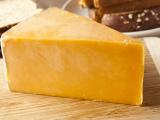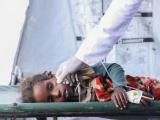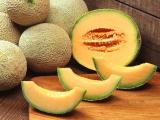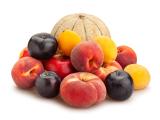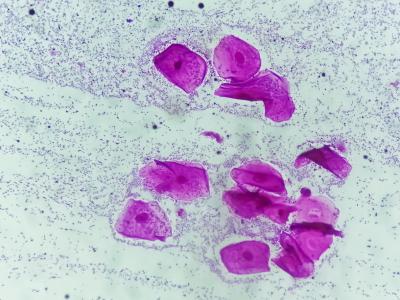Jan 14, 2002 (CIDRAP News) Dozens of people in California and neighboring states contracted Salmonella infections from eating raw alfalfa sprouts last year in an episode that has prompted the Center for Disease Control and Prevention (CDC) to renew its warning that people with weak immune systems should not eat sprouts.
The outbreak is described in the Jan 11 issue of the CDC's Morbidity and Mortality Weekly Report. The CDC and the Food and Drug Administration (FDA) "recommend that persons at high risk for systemic infections not eat raw sprouts," the report says. "For persons who continue to eat sprouts, FDA recommends cooking before eating to reduce the risk for illness."
The California Department of Health Services (CDHS) first identified a cluster of Salmonella serotype Kottbus isolates with indistinguishable pulsed-field gel electrophoresis patterns in March 2001, the report says. Between Feb 1 and May 1, 2001, the CDHS found 23 patients with S Kottbus infections. A subsequent case-control study focused on the first 10 patients and 2 controls. After the case-control study, 32 patients infected with the outbreak strain were found, including 24 in California, 6 in Arizona, and 1 each in Colorado and New Mexico.
Fifteen of the first 23 California patients had eaten alfalfa sprouts in the week before they became ill. Investigation pointed to a single seed lot from one producer as the source of the contamination. A culture of a sample from the seed lot, imported from Australia, yielded S Kottbus. The producer voluntarily recalled all sprout products Apr 17, 2001, and stopped production during a review of processes, the report says. The producer also agreed to use the FDA-recommended safety measure of soaking raw sprouts in a 20,000-ppm calcium hypochlorite solution for 15 minutes.
The article says that 15 salmonellosis outbreaks and two outbreaks of Escherichia coli O157:H7 associated with sprouts have been reported to the CDC since 1995. Conditions suitable for seed sprouting are also ideal for promoting pathogenic bacterial growth, and the recommended calcium hypochlorite soak is not completely effective, the report adds. "Cracks and crevasses in the sprout seed may trap pathogenic bacteria, making them inaccessible to lethal concentrations of disinfectants," it states.
CDC. Outbreak of Salmonella serotype Kottbus infections associated with eating alfalfa sproutsArizona, California, Colorado, and New Mexico, February-April 2001. MMWR 2002(Jan 11);51(1):7-9 [Full text]

